Shengjun Wen
Adaptive Group Collaborative Artificial Bee Colony Algorithm
Dec 02, 2021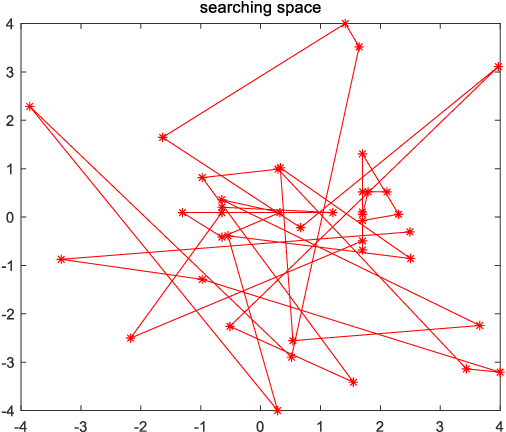
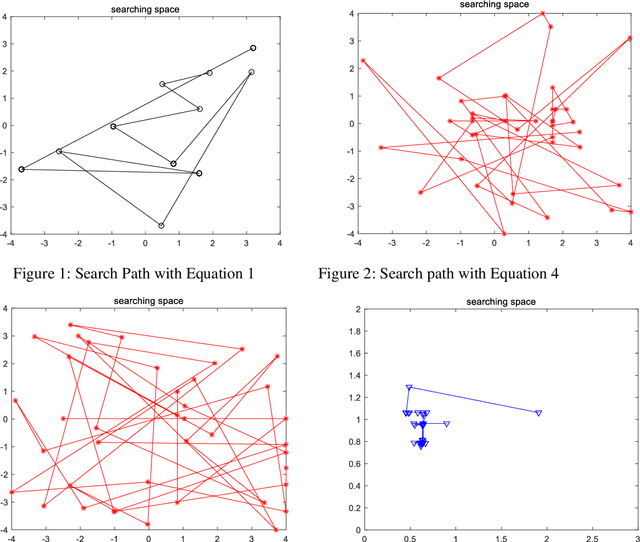
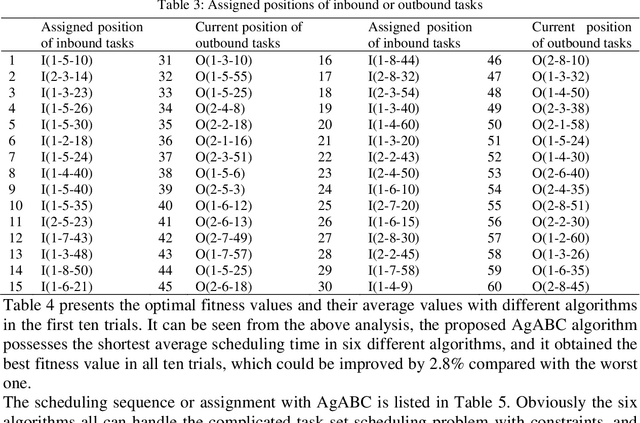
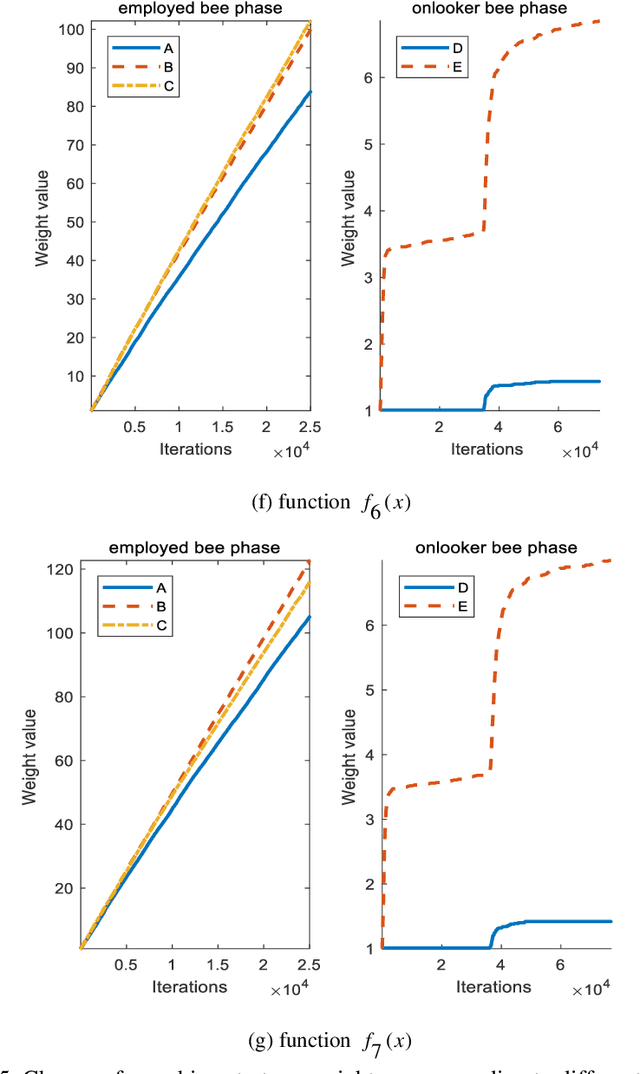
Abstract:As an effective algorithm for solving complex optimization problems, artificial bee colony (ABC) algorithm has shown to be competitive, but the same as other population-based algorithms, it is poor at balancing the abilities of global searching in the whole solution space (named as exploration) and quick searching in local solution space which is defined as exploitation. For improving the performance of ABC, an adaptive group collaborative ABC (AgABC) algorithm is introduced where the population in different phases is divided to specific groups and different search strategies with different abilities are assigned to the members in groups, and the member or strategy which obtains the best solution will be employed for further searching. Experimental results on benchmark functions show that the proposed algorithm with dynamic mechanism is superior to other algorithms in searching accuracy and stability. Furthermore, numerical experiments show that the proposed method can generate the optimal solution for the complex scheduling problem.
An improved bearing fault detection strategy based on artificial bee colony algorithm
Dec 02, 2021
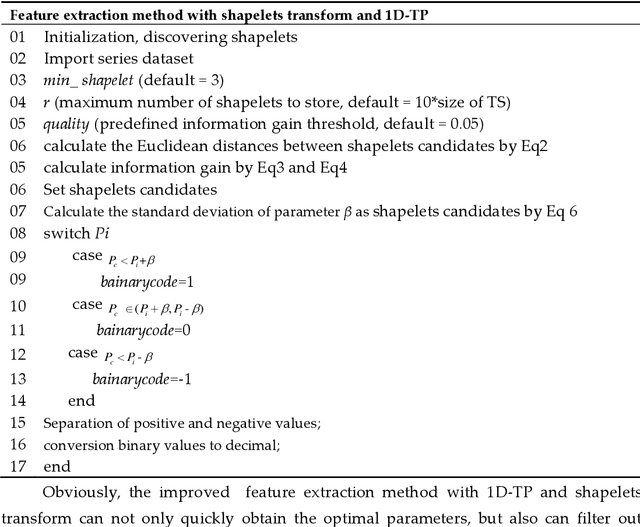


Abstract:The operating state of bearing directly affects the performance of rotating machinery and how to accurately and decisively extract features from the original vibration signal and recognize the faulty parts as early as possible is very critical. In this study, the one-dimensional ternary model which has been proved to be an effective statistical method in feature selection is introduced and shapelets transformation is proposed to calculate the parameter of it which is also the standard deviation of the transformed shaplets that is usually selected by trial and error. Moreover, XGBoost is used to recognize the faults from the obtained features, and an improved artificial bee colony algorithm(ABC) where the evolution is guided by the importance indices of different search space is proposed to optimize the parameters of XGBoost. Here the value of importance index is related to the probability of optimal solutions in certain space, thus the problem of easily falling into local optimality in traditional ABC could be avoided.The experimental results based on the failure vibration signal samples show that the average accuracy of fault signal recognition can reach 97% which is much higher than the ones corresponding to other extraction strategies, thus the ability of extraction could be improved. And with the improved artificial bee colony algorithm which is used to optimize the parameters of XGBoost, the classification accuracy could be improved from 97.02% to about 98.60% compared with the traditional classification strategy
 Add to Chrome
Add to Chrome Add to Firefox
Add to Firefox Add to Edge
Add to Edge